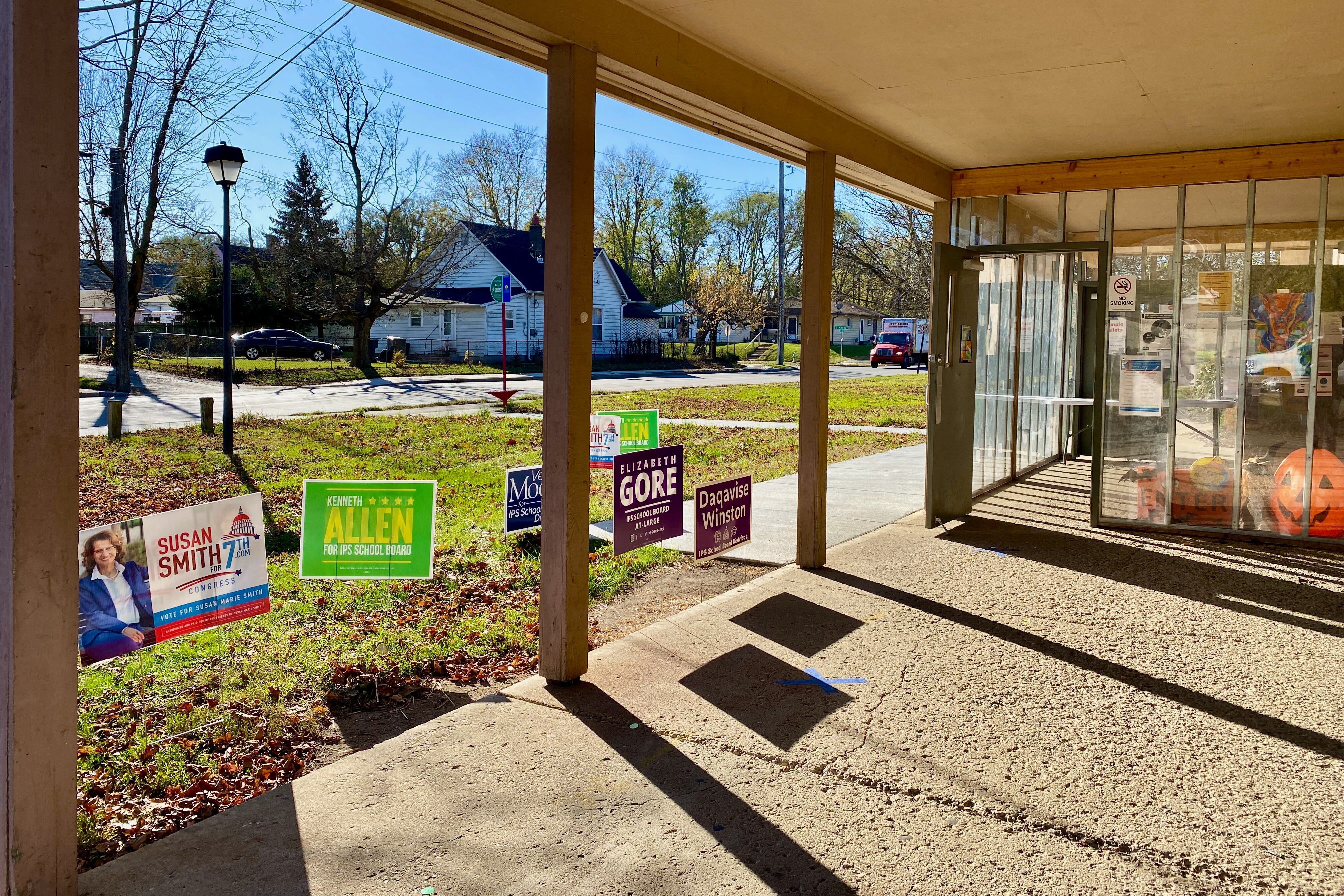Candidates favoring charters and school choice claimed a sweeping victory in the Indianapolis Public Schools election, winning all four seats on the ballot when county officials largely finished tallying votes Thursday.
In the at-large race, Kenneth Allen eked out a victory over incumbent Elizabeth Gore with 40% of the vote. Gore garnered 38% of the vote, with the remainder going to Kendra McKnight (17%) and Ellis Noto (5%).
In another close contest, incumbent Diane Arnold held on to her seat with 52% of the vote, beating challenger Christina Smith. Arnold represents District 4, the west and south side of the school system.
Marion County took more than two days to count the results because of the large numbers of mail-in and early ballots. As a result, the winner of those close contests didn’t emerge until late Thursday, when fewer than 100 votes remained to be counted.
Two other candidates easily sailed to victory. Incumbent Venita Moore reclaimed a seat representing District 2, on the north east side of the district, with 79% of the vote. Newcomer Will Pritchard won 63% of the vote to represent District 1, the east side.
The four winners will join a seven-member board that sets the priorities and direction of the 31,000-student district. The board faces a host of challenges, including how to cut the district’s spending, how to fulfill its commitment to racial equity, and how to stem the learning loss wrought by school closures during the pandemic.
The victories in the hard-fought campaigns all but ensure that the district will expand partnerships with charter schools. The strategy has won it attention from national observers and advocates for “portfolio” districts, where the central office runs its own schools and also oversees the quality of independently managed schools.
Charter-friendly political action committees invested heavily in the IPS board election, and the four winning candidates raised over $390,000 combined — nearly 10 times as much as their opponents did.






